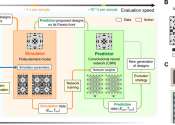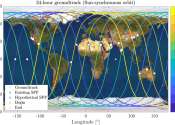Biden administration announces $5 billion commitment for research and development of computer chips
The Biden administration on Friday announced the investment of $5 billion in a newly established public-private consortium aimed at supporting research and development in advanced computer chips.
Feb 9, 2024
0
30









